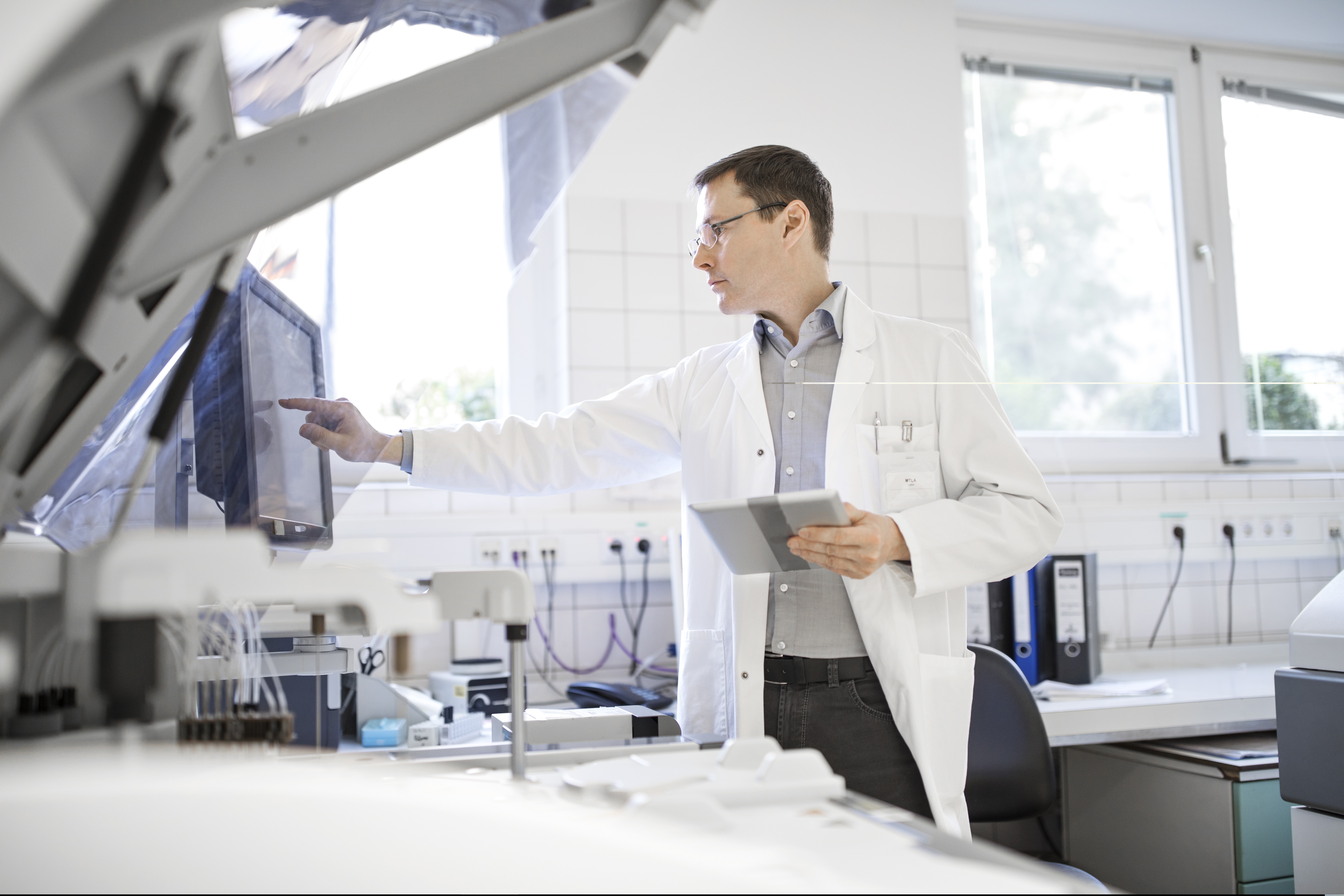Regulatory Compliance for Vaccine Distribution
Vaccine storage and handling standards pose high expectations and demands on the supply chain logistics. Maintaining optimal ambient temperatures is critical for the safety and efficacy of vaccines; it requires compliance with highly technical conditions and regulations. Vaccine manufacturers, distributors, logistics personnel and healthcare providers must follow all applicable regulations and guidelines to ensure the appropriate storage and temperature monitoring.
Free Consultation
Stay compliant when handling and storing vaccines

In the US, regulatory compliance for vaccine handling is governed by the Centers for Disease Control and Prevention (CDC) and the Food and Drug Administration (FDA). It is critical for all stakeholders in the supply chain to follow the CDC and FDA regulatory requirements and use best practices for vaccine storage and temperature monitoring.
Ensure Proper Cold Chain
The first step to regulatory compliance is understanding the unique temperature range requirements for the vaccines you are handling and the best practices for their storage and handling throughout the supply chain, from manufacturing to administration. Cryogenic storage and shipping of vaccines may require specialized logistics and transportation arrangements. Proper coordination, planning, and communication among all stakeholders involved in the transportation process are essential.
Implement Reliable Monitoring Solutions
Most electronics are not equipped to handle extreme temperatures required for vaccine handling. Selecting a correct temperature monitoring solution that meets regulatory standards and can accurately track and record vaccine temperatures is crucial. We provide the latest technology and solutions, including data loggers and real-time monitoring systems, enabling you to choose the most suitable solution for your specific needs. These solutions offer real-time alerts and notifications to prevent temperature excursions and ensure prompt intervention when necessary.
Documentation and Compliance Management
GDP compliance mandates accurate documentation and record-keeping for vaccine distribution. This includes maintaining comprehensive records of receipt, storage, distribution activities, and temperature monitoring data for vaccine traceability. It enables effective management of product recalls, quality investigations, and regulatory audits. This is why it is important to establish standardized documentation processes, including logbooks and electronic systems, to maintain a detailed record of temperature monitoring activities and interventions.


Key Regulations for Vaccine Temperature Monitoring in the US
Understanding and adhering to the following regulations is essential for vaccine manufacturers, distributors, and healthcare providers to ensure the highest standards of quality control and patient safety.
21 CFR 211.142 outlines the requirements for drug product container and closure systems, including temperature control during storage and transportation.
21 CFR 211.150 requires that drug products be stored under appropriate conditions of temperature, humidity, and light to ensure their safety, identity, strength, quality, and purity.
21 CFR 600.15 outlines the requirements for the storage and handling of biological products, including vaccines.
US Pharmacopeia (USP) General Chapter 1079 provides guidance on the storage and handling of pharmaceutical products, including vaccines.
CDC's Vaccine Storage and Handling Toolkit is a guidance document that provides detailed recommendations for vaccine storage and handling, including temperature monitoring.
The Tec4med Advantage
Tec4med offers next-generation temperature monitoring and data logging solutions to effectively address the compliance side of vaccine logistics and maintain a comprehensive audit trail. Tec4med solutions provide full supply chain visibility and eliminate the need for manual evaluation, saving billable time and potential errors or inaccuracies.
Key Benefits
Key Benefits
Compliant with
pharma GDP, GMP, GAMP5, ISO17025, FDA 21 CFR Part 11
Fully IATA-compliant
and can be used on aircraft with no further exceptions
Worldwide
data recording with easy in-app analyses of all sensor data
Risk & cost
reduction through more efficient and safe work processes
